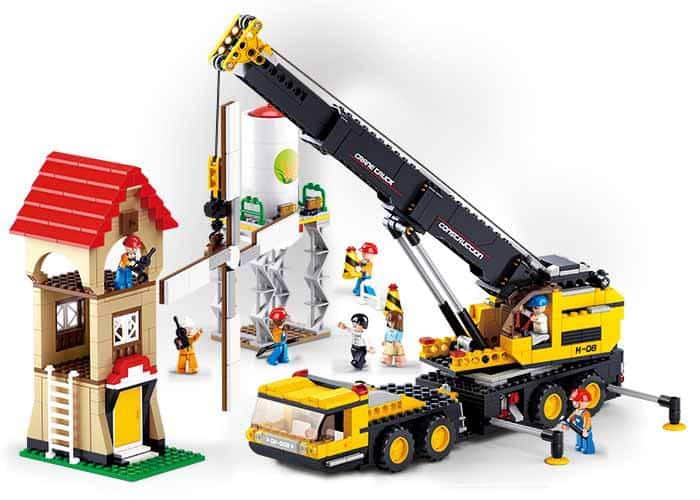Signs You Need a New Hot Water System in Perth
In Perth’s climate—where crisp winter mornings demand a reliable supply of warm water—it’s easy to take your hot water system for granted until it stops working efficiently. While regular maintenance can extend the lifespan of your unit, there are clear warning signs that it might be time for a replacement.
Here are the most common indicators that your current setup may be nearing the end of its life.
1. Inconsistent Water Temperature
If your water suddenly turns icy in the middle of a shower or fluctuates between hot and lukewarm without warning, it’s often a sign of internal component failure. Older systems can struggle to maintain consistent temperatures due to aging thermostats, sediment buildup, or failing heating elements.
Inconsistent water temperature is not just annoying—it’s also a signal your system may no longer be operating at peak performance.
2. Rusty or Discolored Water
Clean water is essential, not just for hygiene, but for the safety of your household. If you notice rusty, brown, or murky water coming out of your taps—especially when using hot water—it could mean corrosion is happening inside your tank. Once rust begins forming on the interior lining, it’s only a matter of time before leaks start or the tank completely fails.
3. Unusual Noises from the Tank
Hot water systems are typically quiet. So, if you start hearing popping, banging, or rumbling sounds, it’s worth paying attention. These noises are often caused by mineral deposits and sediment hardening on the bottom of the tank.
As the system heats water, it has to work harder to push through this buildup, reducing efficiency and potentially damaging the tank. Excessive noise means your system is under stress—and may soon give out.
4. Visible Leaks or Pooling Water
Leaks are one of the most obvious—and urgent—signs that your hot water system needs attention. If you see water pooling around the base of the unit or notice moisture or corrosion on the pipes, valves, or tank itself, it’s crucial to act quickly. Even a small leak can escalate into major water damage or mould issues if left unchecked.
5. Age of the System
Most hot water systems in Perth are designed to last between 8 to 12 years. If your unit is approaching or has exceeded this age range, replacement is generally more cost-effective than repairs. Even if it still appears to be working fine, older units are often less energy-efficient and more prone to sudden failure—especially under heavy usage during the cooler months.
6. Reduced Water Pressure
Have you noticed a gradual drop in water pressure, especially when using hot water? This can be a symptom of sediment buildup within the tank or corroded pipes. Reduced flow can affect your showers, washing machine cycles, and even dishwashing. If cleaning or flushing the system doesn’t resolve the problem, it may be time for an upgrade.
7. Rising Energy Bills
A struggling water heater consumes more energy as it tries to maintain performance. If your energy bills have been creeping up with no other clear cause, your old water heater might be to blame. Newer systems are designed to be far more energy-efficient, which can result in significant savings over time. An energy audit or inspection can help pinpoint the culprit.
8. Frequent Repairs
If you find yourself calling a technician every few months, it might be time to consider a new system. The cumulative cost of frequent repairs can quickly add up to more than the price of a replacement. Investing in a modern unit means fewer headaches and the peace of mind that comes with consistent performance.
Why Timely Replacement Matters
Replacing your hot water system before it completely breaks down can help you avoid emergency repair bills, water damage, and uncomfortable mornings.
With Perth’s varied weather and growing demand for energy-efficient solutions, a new system can also improve your home’s environmental footprint and resale value.







